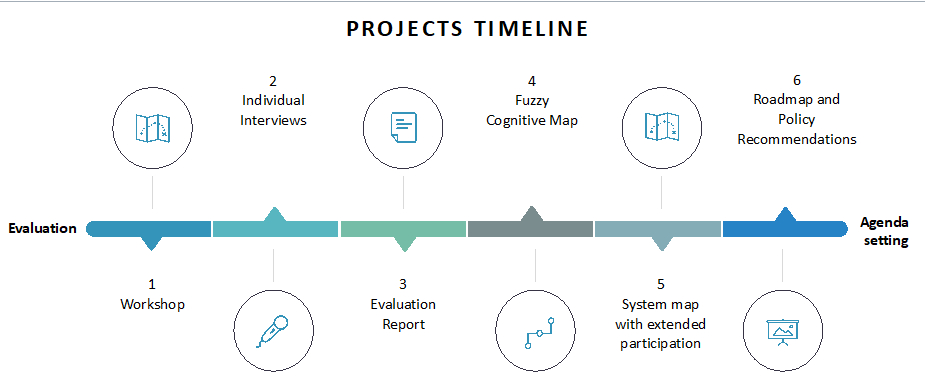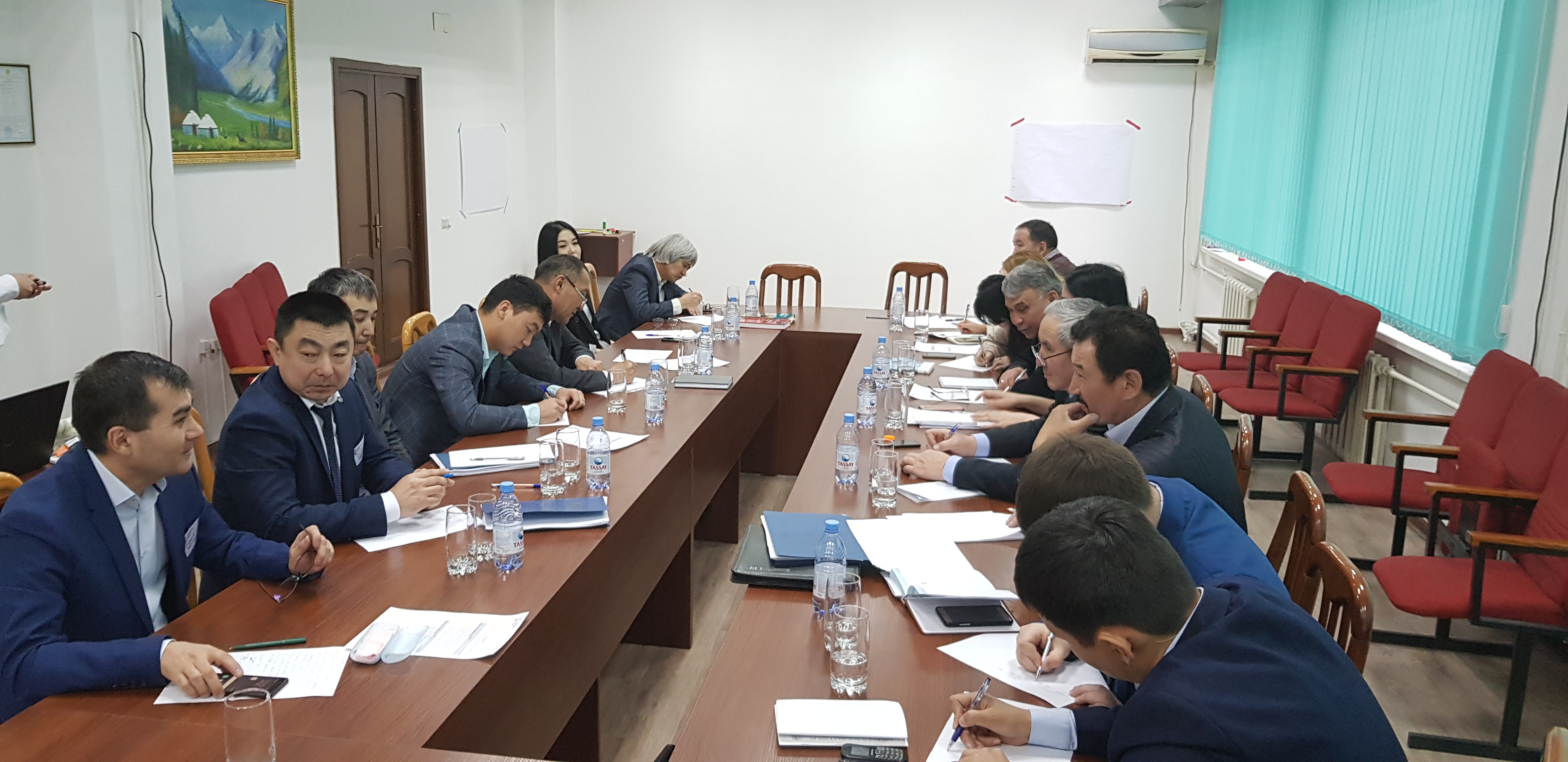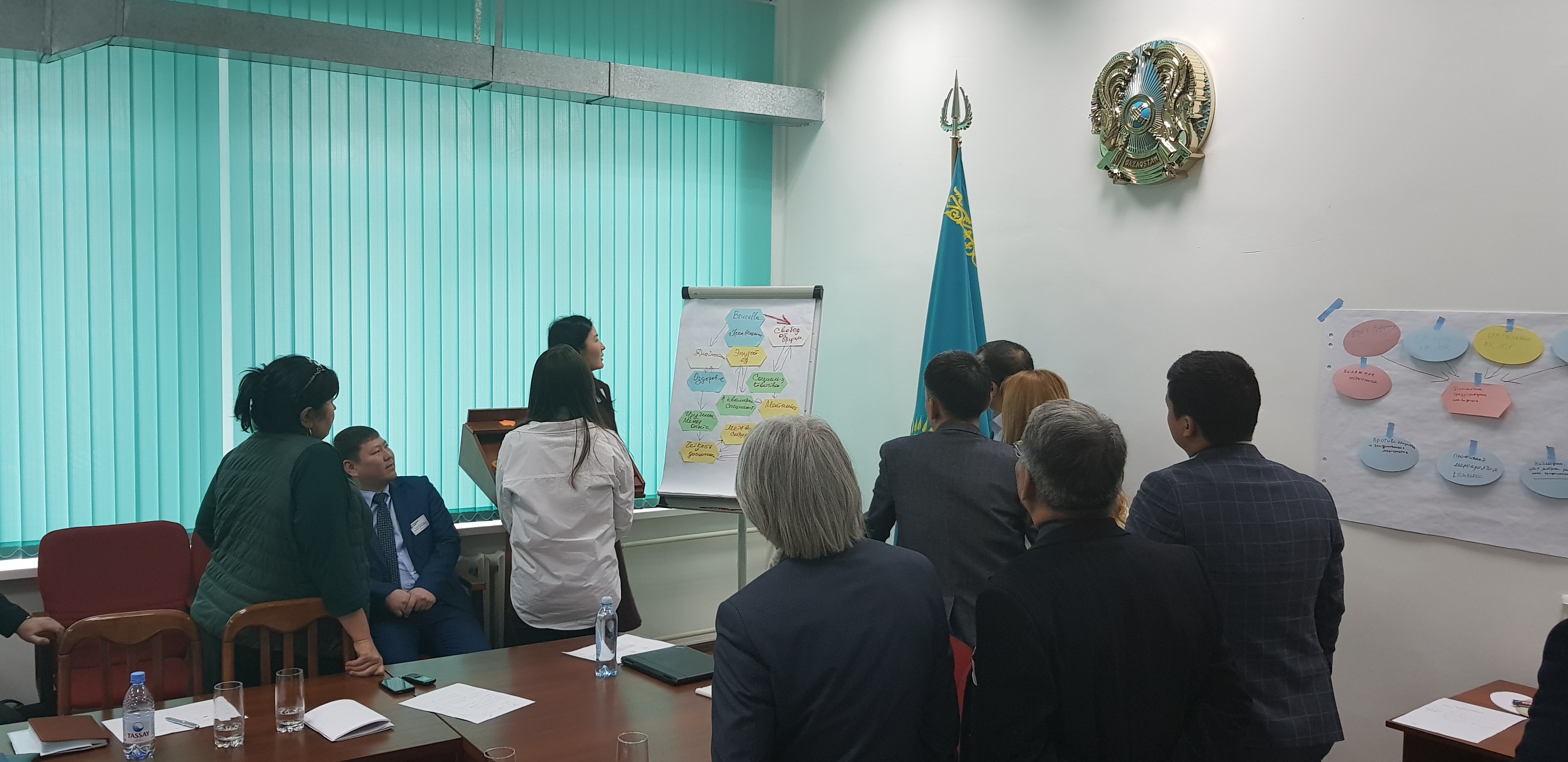A One Health approach for Brucellosis control in Kazakhstan
Brucellosis in Kazakhstan
In Kazakhstan brucellosis is an endemic zoonosis of concern to public health also causing considerable economic losses due to reduced reproduction in livestock. Currently, a test-and-slaughter policy is implemented, but its efficacy appears to stagnate. Experts have stressed the need for new innovative one health approaches to tackle brucellosis, and scientists, as well as the World Bank Group have recommended One Health approaches in low and medium income countries, such as the former Soviet Republics. However, there is a lack of evidence for best practice in literature, and methods for implementation are not established.
Our Project

This project aims to introduce a One Health approach to brucellosis control in Kazakhstan. It uses the evaluation framework developed by the “Network on Evaluation of One Health” (NEOH) as a means to engage in the policy cycle and to transit an existing policy towards One Health. Evaluation requires an extensive amount of information on current existing system. For that matter, we organized 2 day participatory workshop for stakeholders and conducted individual interviews. During workshop, participants were instructed to elaborate their personal perspectives on the control of brucellosis in Kazakhstan. These perspectives were successively merged in brainstorming and mapping exercises to finally obtain a plenary system map. Throughout the process, the participants engaged in an open conversation and several discussions around issues that may obstruct the results of the current anti-brucellosis campaign. All this allows assessing existing strengths and identifying weaknesses of the existing effort to control brucellosis.

